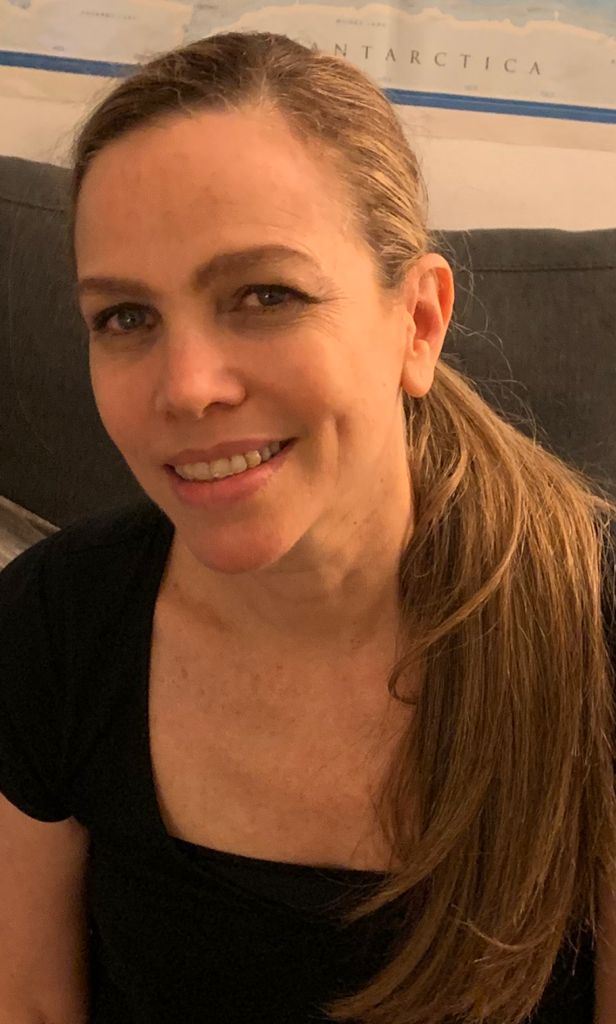
- Interviews
HFPA in Conversation: Sandra Kogut Believes Laughter is a Way of Resistance
Brazilian filmmaker Sandra Kogut loves people and their faces and that’s why she tells stories. She has developed a multi-talented career that began in performance and installation art and evolved into documentaries and feature films. Kogut tells HFPA journalist Ana Maria Bahiana that her latest film, Three Summers, takes place over three consecutive summers. “Brazilian summers, I have to say, so it’s December, you see Christmas by the sea under the sun always at the same Summer house, in a very wealthy gated community by the sea. The years are 2015, 2016, and 2017, always the last week of the year, between Christmas and New Year.”
At the time Brazil was under very intense political turmoil. “I mean nothing compared to what’s going on now, but at the time it seemed intense. We were following all those scandals, the rich and powerful getting arrested and the whole country was following it through the media, all those arrests and corruption scandals. And I really wanted to talk about this. I felt it was an important moment in Brazil, I wanted to talk about this and it turned out that it became a kind of poetry of the country, of Brazil, of the moment, just before the big catastrophe, just before the rise to power of the far-right, which happened the year after that, in 2018.”
Kogut explains that the film addresses important issues, like class, equality, corruption, and race. Still, you can laugh. “These are important issues, but it doesn’t necessarily mean that you have to do a film that is very heavy or necessarily very loaded. I think depending on the kind of humor you are using, it can be a very powerful tool to invite people inside a story. The kind of humor that I am interested in is this, which is in the film a kind of more humanistic humor, I don’t know what to call it, but we are never laughing at the characters, we are laughing with them, we are laughing at ourselves. We are looking at that and sometimes recognizing people we know and we believe that these characters are real people and they exist.”
Is corruption a good theme for comedy in the current situation in Brazil? “I find it very hard to laugh at what is going on now. I don’t think corruption in Brazil is endemic, I don’t think that there has ever been such a corrupt moment that we are experiencing now. So one part of me wants to say it’s such dystopian times right now, it’s hard to even know what to do with this, what would be the way to make a film out of this or address this? On the other hand, I already thought of this when we did “Three Summers” and I think it’s more now, which is I think joy, happiness, laughter, are ways of resistance and very powerful ways of resistance. Maybe now it’s a moment where we should be laughing even more to not be destroyed by the gigantic destruction that is taking over the country.”
Listen to the podcast and hear how she became a filmmaker; what challenges she had at the beginning of her career; why it was important for her to learn technological details; why the documentary A Hungarian Passport that she filmed 20 years ago is still relevant today; why she was living in France for a decade; what project brought her to big cities around the world; why she chose Mutum as her first feature movie; how she describes the state of Brazilian cinema; why she doesn’t name people who have influenced to her; when and why she started to feel she is home everywhere; and what is she doing next.

